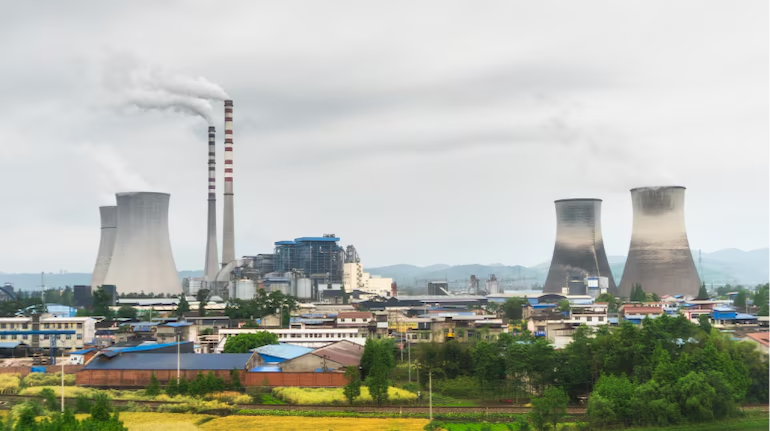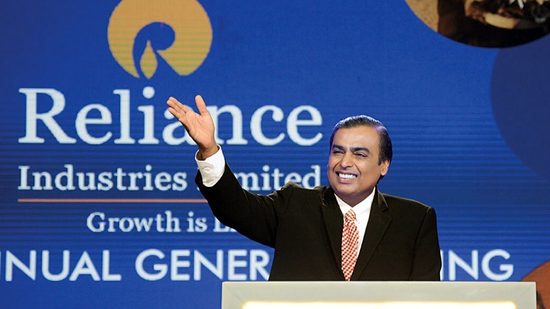
Introduction
The board has given its approval for Texmaco Rail & Engineering Limited, a prominent player in the Indian rail infrastructure industry, to raise up to Rs 1,000 crore through a Qualified Institutional Placement (QIP). This strategic move is expected to give the company the necessary financial impetus to strengthen its operations and play a pivotal role in India’s ever-expanding rail network.
Board Approval for Rs 1,000 Crore QIP
In a recent development, Texmaco Rail’s board approved the proposal to raise funds amounting to Rs 1,000 crore through a QIP. Qualified Institutional Placement is a preferred method for companies to raise capital by issuing equity shares to institutional investors. This decision reflects Texmaco Rail’s commitment to strengthening its financial position and investing in growth opportunities within the rail sector.
Implications for Texmaco Rail
- Infrastructure Development: The infusion of Rs 1,000 crore into the company will enable Texmaco Rail to participate in the expansion and modernization of India’s railway infrastructure. With the government’s focus on enhancing rail connectivity, Texmaco Rail is well-positioned to contribute to this vital sector.
- Technology Advancements: Texmaco Rail has a track record of innovation in railway engineering. The QIP funds will facilitate the adoption of cutting-edge technologies and processes, allowing the company to maintain its competitive edge.
- Expansion Plans: Texmaco Rail’s expansion plans, both domestically and internationally expected to receive a significant boost from this capital infusion. New projects, collaborations, and partnerships could be on the horizon.
Market Reaction
The market’s response will be indicative of the confidence. That institutional investors have in the company’s growth prospects and the rail industry as a whole.
Conclusion
Texmaco Rail decision to raise Rs 1,000 crore through a QIP approval demonstrates. Its commitment to being a key player in India’s railway infrastructure development. To facilitate the expansion and modernization of the country’s rail network.







